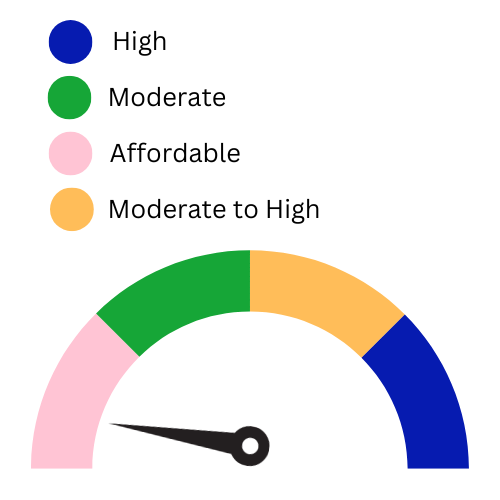
→ Poland's universities, such as Jagiellonian University and Warsaw University of Technology, are globally recognized.
→ One of the most budget-friendly study destinations in Europe.
→ Poland offers a blend of modern cities and centuries-old architecture.
→ Poland’s location in Central Europe allows easy travel to neighboring countries.
→ A wide range of English-taught programs is available across disciplines.
→ High school diploma equivalent to 12 years of education.
→ English proficiency (IELTS 5.5–6.5).
→ A bachelor’s degree in a related field.
→ Proficiency in English.
→ Apply via the university portal or Study in Poland website.
→ Submit documents like transcripts, a motivation letter, and test scores.
→ Pay the application fee (if applicable).
→ For exchange programs within Europe.
→ Provides scholarships for various levels of study.
→ Government scholarship for master’s programs.
→ For students from Central and Eastern Europe.







→ Public universities: €2,000–€4,000 per year.
→ Medical programs: €8,000–€12,000 per year.
→ Administrative fees: €50–€200 per semester.

→ 20 hours per week allowed during studies.
→ Hourly wages: €4–€10.

→ Graduates can apply for a temporary residence permit to search for jobs.

Not for English-taught programs, but knowing Polish can help with social integration.
Bachelor’s: 3 years; Master’s: 1.5–2 years; PhD: 3–4 years.
Students need health insurance (~€50–€100 per year) for access to healthcare.
Yes, graduates can apply for a residence permit to look for work.
Krakow, Wroclaw, and Gdansk offer affordable living costs compared to Warsaw.
Yes, students who have lived in Poland for at least five years, including study time, may apply for permanent residency, provided they meet other requirements.
Admission varies by program and university. While some universities have high acceptance rates, competitive programs like medicine or engineering may require strong academic records and entrance exams.
For most programs, admission is based on academic transcripts and language proficiency. However, specialized programs like medicine or architecture may require additional entrance exams or interviews.
Warsaw, Krakow, Wroclaw, Poznan, and Gdansk are popular among international students for their vibrant student life and affordable living costs.
Yes, international students can work part-time during their studies. No additional work permit is required for EU or non-EU students enrolled in Polish universities.
Graduates can apply for a Temporary Residence Permit to stay and look for jobs. Sectors like IT, engineering, and healthcare are in high demand.
Students can choose from university dormitories (€100–€150 per month) or private rentals (€200–€400 per month). Shared accommodations are a popular and cost-effective choice.
Yes, Poland is considered safe, with a low crime rate. Students are advised to stay cautious in crowded areas and safeguard their belongings.
The average cost is around €350–€650 per month, depending on the city and lifestyle. Smaller cities like Lublin or Bialystok are more affordable than Warsaw or Krakow.
Poland has excellent public transport systems, including buses, trams, and trains. Students enjoy discounted travel passes costing €15–€25 per month.
Medical programs typically last six years, including a year of internship, and are taught in English at many universities.
Yes, international students can open a bank account with proof of identity, residence, and student status.
No strict age restrictions exist. However, some scholarships or programs may have specific age limits.
Students must show proof of funds covering tuition fees and living expenses (approximately €6,000–€7,000 per year).
Quick Links
Download the Unifynder APP


